Sleepless nights for doctors in the frontline in war on coronavirus
Emergency services medics are working tirelessly to prevent a second wave of COVID-19 outbreaks and offer patients life-saving treatment.
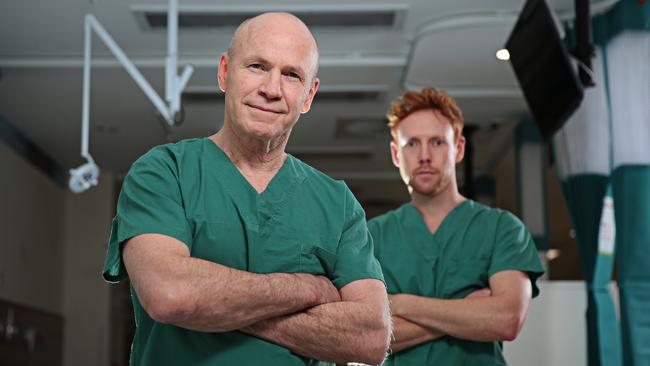
Paul Preisz has not had a full night’s sleep in months — not since the novel coronavirus pandemic hit Australia.
But it is not just the threat a second wave of outbreaks could overrun our public health system that’s keeping him awake.
As the head of emergency at Sydney’s St Vincent’s Hospital, Dr Preisz is in the frontline when it comes to safeguarding the city against the contagion, and personally assesses every patient whose symptoms are so perilous it warrants the use of the department’s cutting-edge rapid COVID testing machine — no matter the time of day or night.
“At least four or five times a day, I get a call (from someone in ER) saying, ‘I’ve got a patient who I think might be a candidate for the rapid test’,” he says.
“They called me last night. They call me every night. But I decided right from the outset I want to be there to take the calls no matter when they come.
“We were one of the first to buy one of these machines where we can get a COVID test result within an hour, instead of the 24 or 48 hours it usually takes. But getting it wasn’t easy given the global demand was so high.
“It’s crucial we use the machine to test the right patients, so I’m personally authorising every single one. It doesn’t matter what time it is; we’ll run through the clinical scenario, work out the statistics, and then we make the decision on the phone, yes or no.”
The ramifications can be life altering for both patients and their families.
“It’s just as important for negative results as it is for positive ones,” he explains. “If we do a rapid test and it’s negative it means we can stop all the isolation and COVID precautions that we take, and that’s a big deal because it changes everything.
“In some scenarios where a patient is dying, we’ve been able to use the rapid test and say, ‘It’s pneumonia but it’s not COVID’ and that’s the difference between someone being surrounded by their family in that end-of-life situation or not. It’s vital that we get that right.”
So far, Dr Preisz says, they have, with more than 100 rapid tests carried out at the inner-city hospital since the start of the pandemic, and about 170 confirmed carriers successfully treated.
It is a source of immense pride they have not lost a patient yet to the disease — a feat Dr Preisz says is testament to a little good luck and a lot of hard work and commitment by the dedicated emergency department team.
Between their determination and almost daily advances in the treatment and care of COVID-19 patients, Dr Preisz says NSW’s health system is well prepared for the next stage of pandemic.
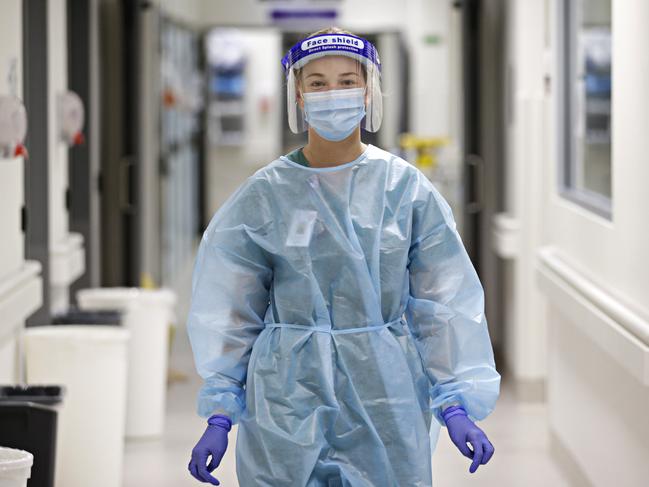
But he knows there is always a danger the situation could dramatically change at any moment.
“In many places overseas they’ve already had to make tough decisions like, ‘We possibly could save this patient, but we just don’t have the resources. Instead, we need to concentrate on this patient’,” he says.
“We haven’t been in that position in Australia yet. The moment we have the resources and you can be confident, if you get COVID and come to a public hospital, you will receive state-of-the-art treatment and you will probably get better.
“But if we suddenly had 10 times as many patients, things would be much tougher.
“That’s everyone’s great fear. That you’d have to make these really tough decisions on people based on their pre-COVID health, their age, their circumstances, and there’ll be a lot of fine line calls about who to treat.
“It doesn’t take much for things to get out of control, and we’re really acutely aware of that.
“You look at Melbourne. There’s nothing wrong with the Victorian health system. There are really good people doing a really good job and they were unlucky; a couple of things didn’t work out. And things deteriorated really quickly. It just goes to show the level of vigilance required.”
Ultimately, he says, the coronavirus will be contained — it is only a matter of when. “I hold on to the Spanish flu. It was devastating, it killed an enormous number of people, it was an absolutely terrible thing, but it eventually passed,” he says.
“We never got a vaccine for it, and didn’t have the fantastic treatments that we have now to treat it, but it still passed.
“No matter what happens with COVID — or whether we get a vaccine this year, next year or at all — it too will eventually pass.”


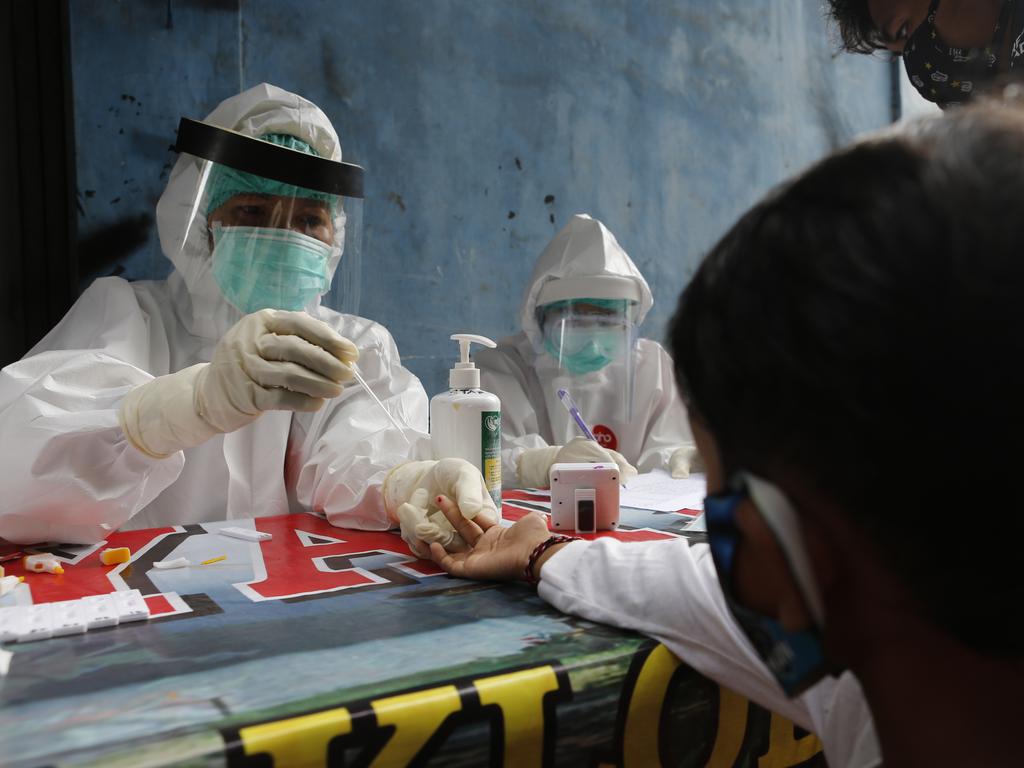
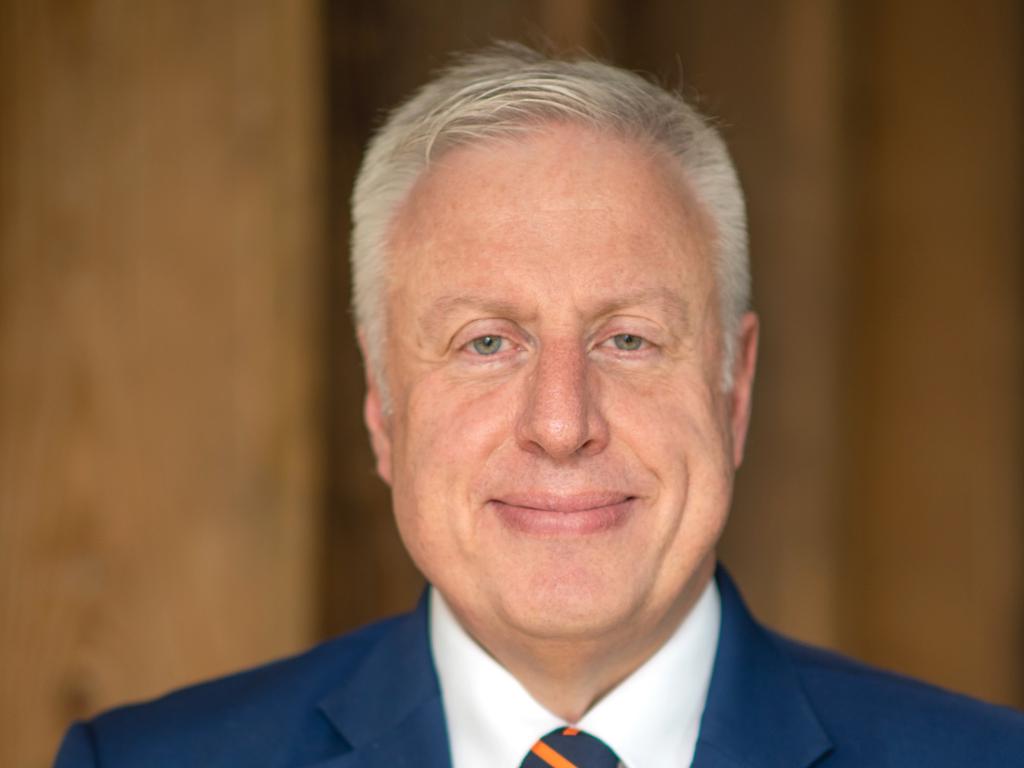
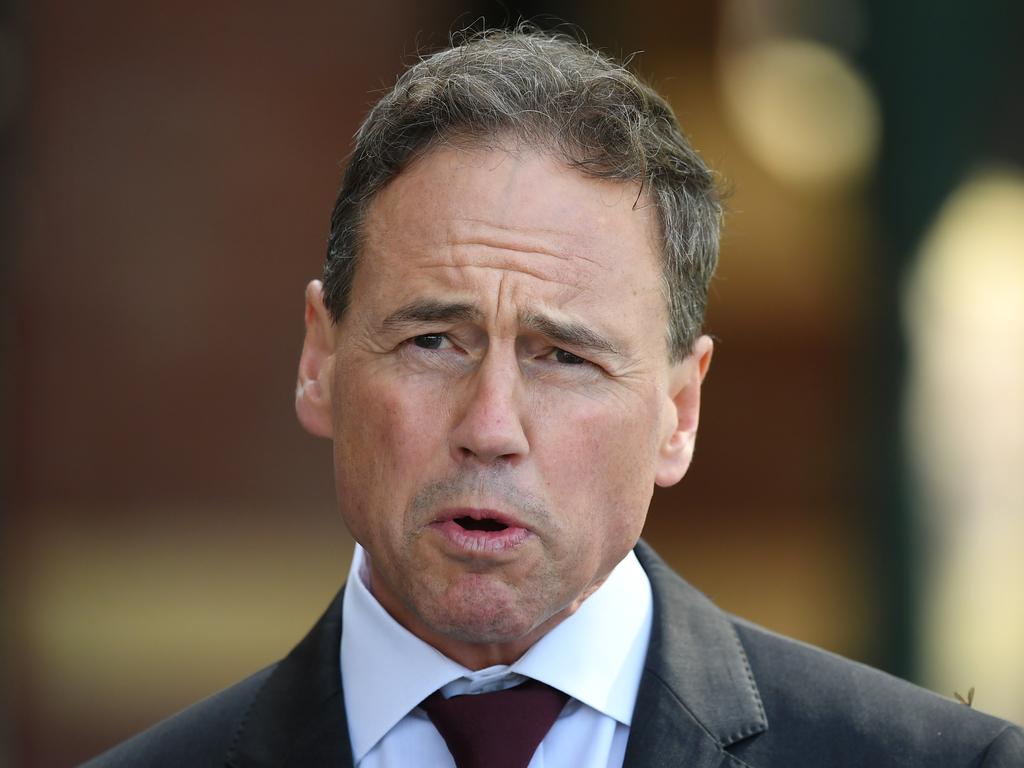


To join the conversation, please log in. Don't have an account? Register
Join the conversation, you are commenting as Logout